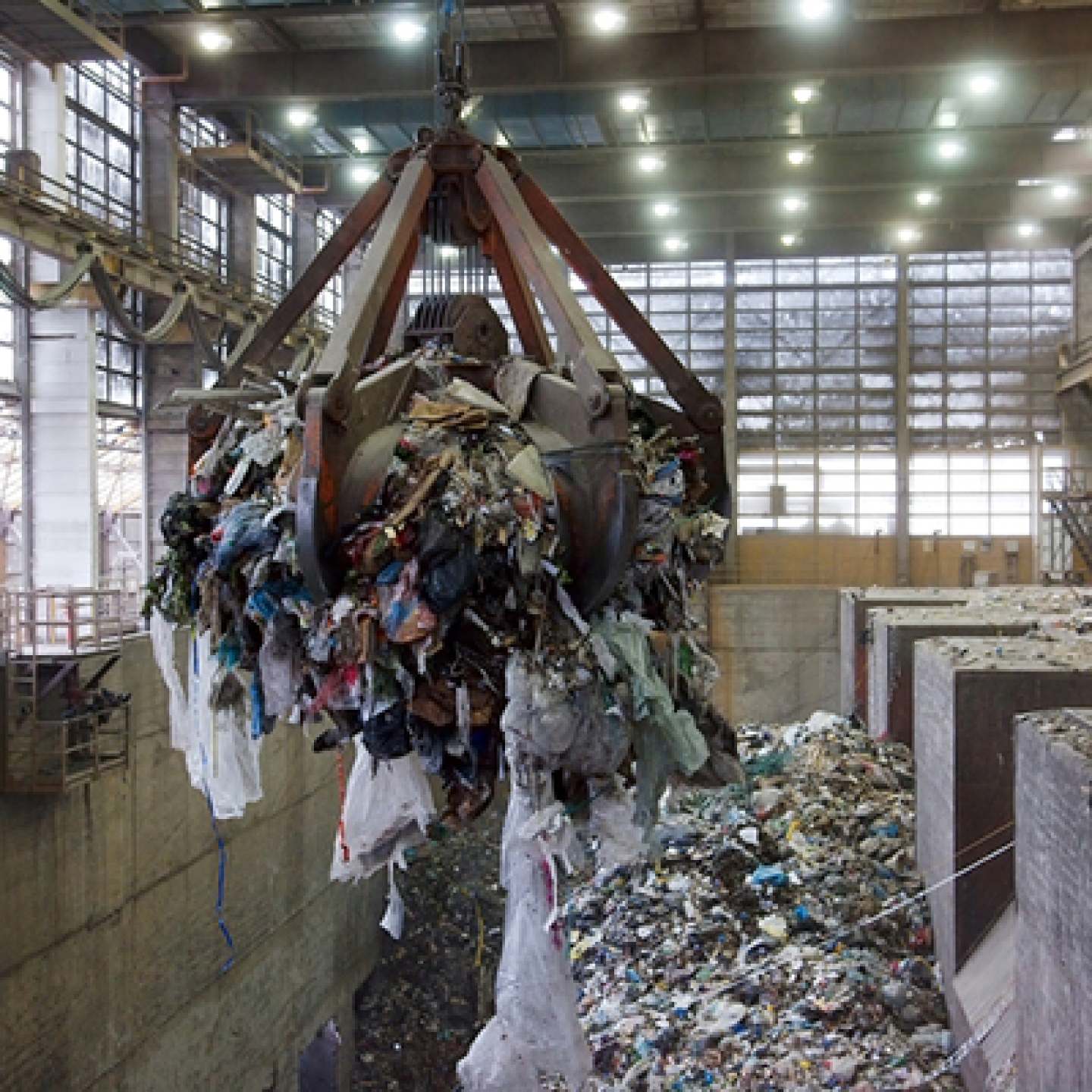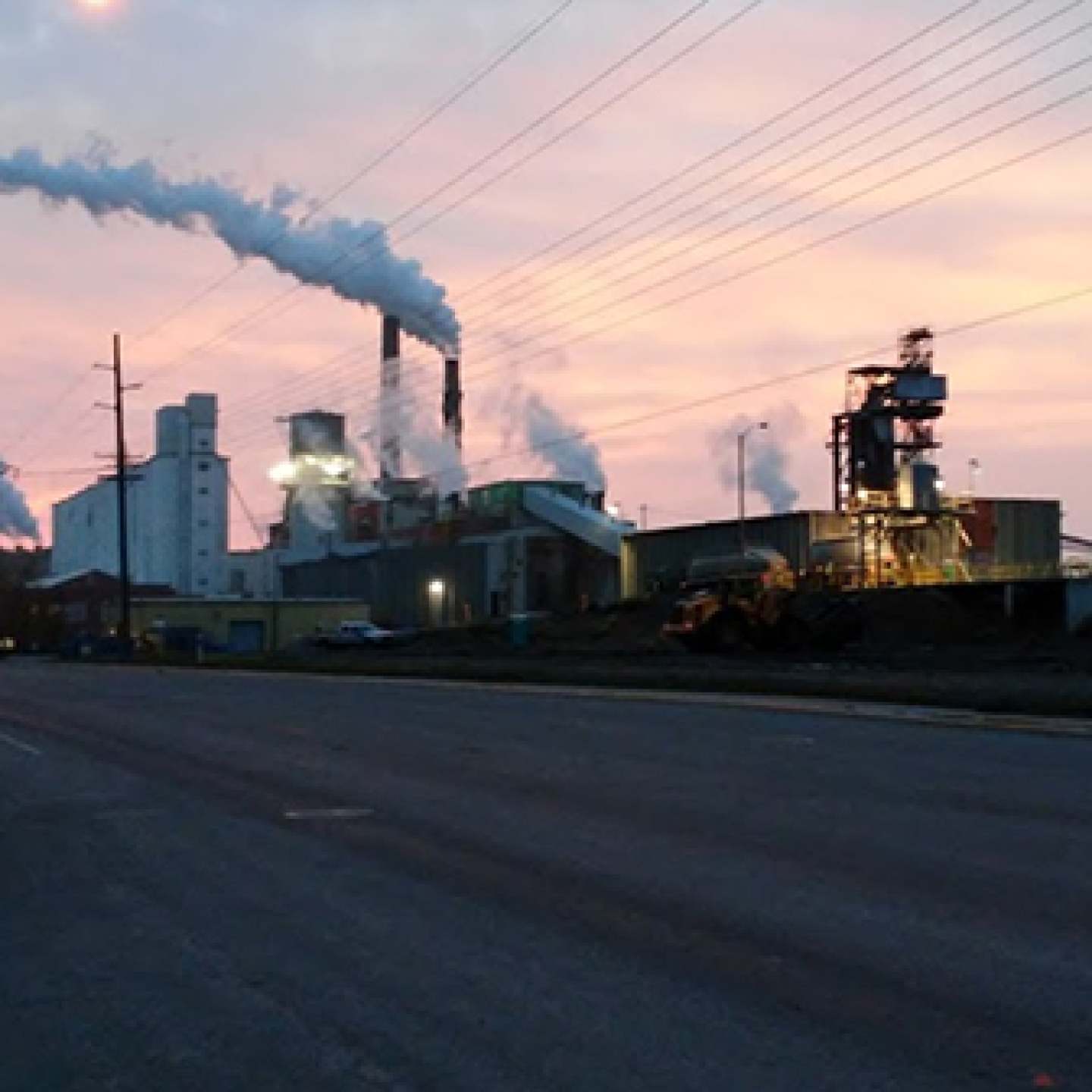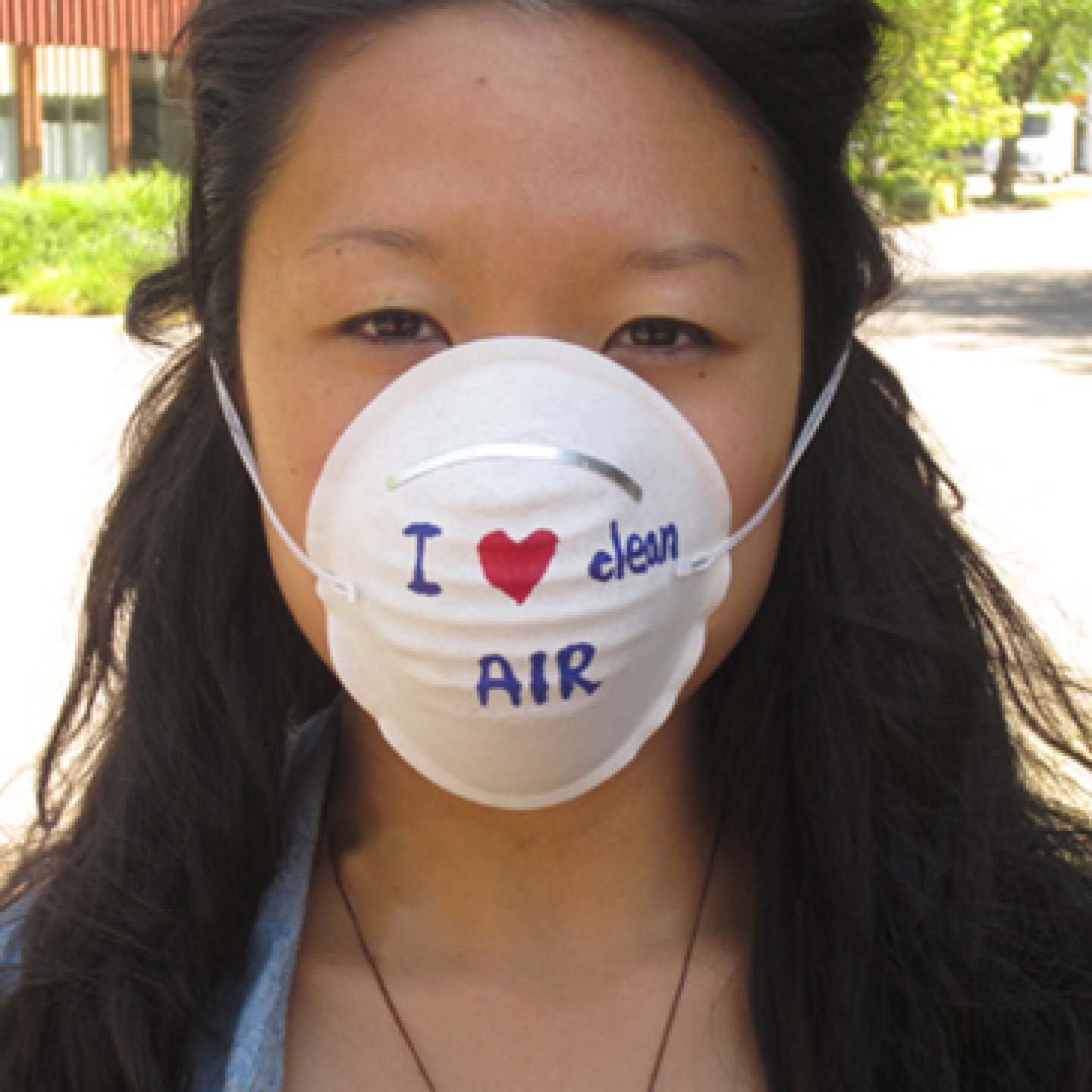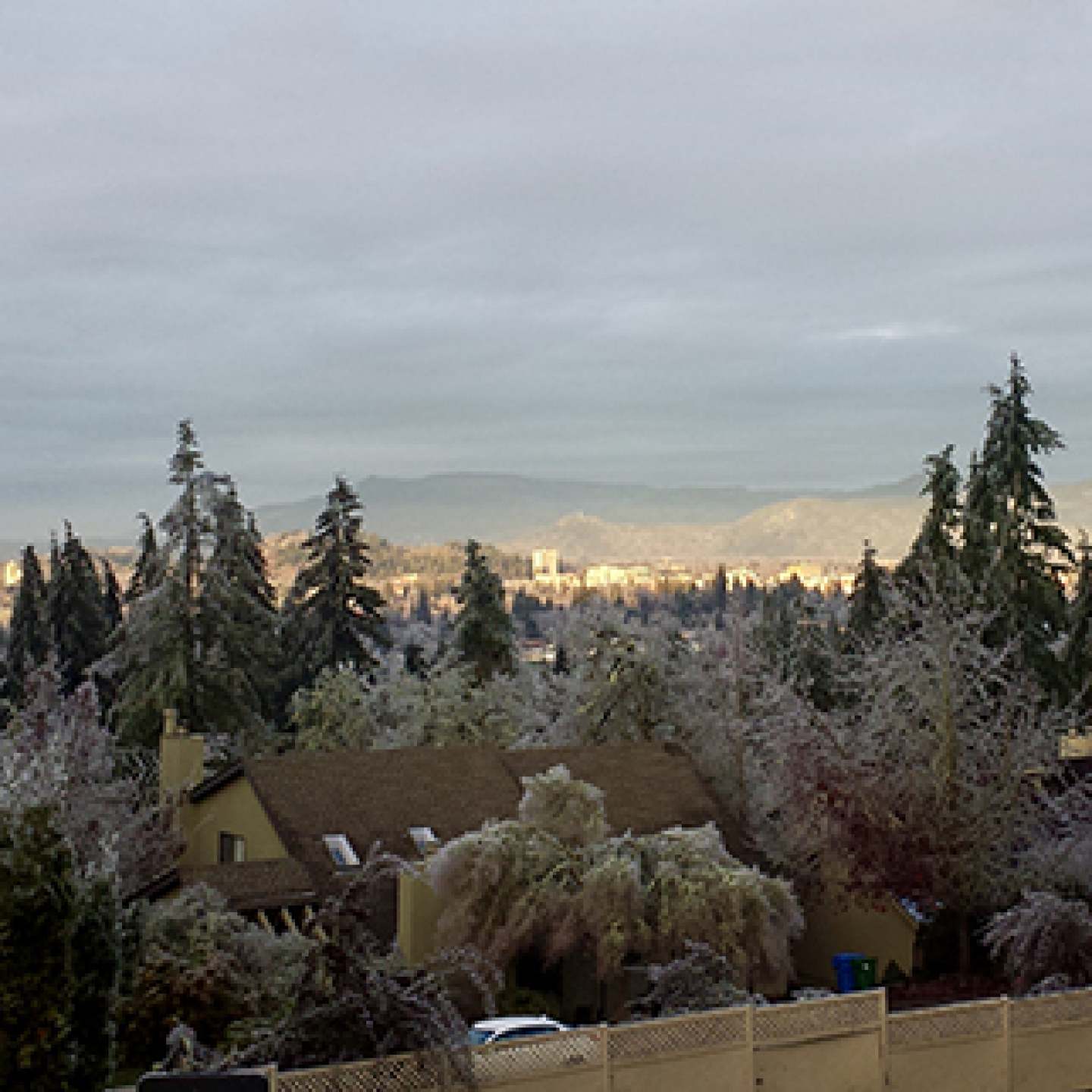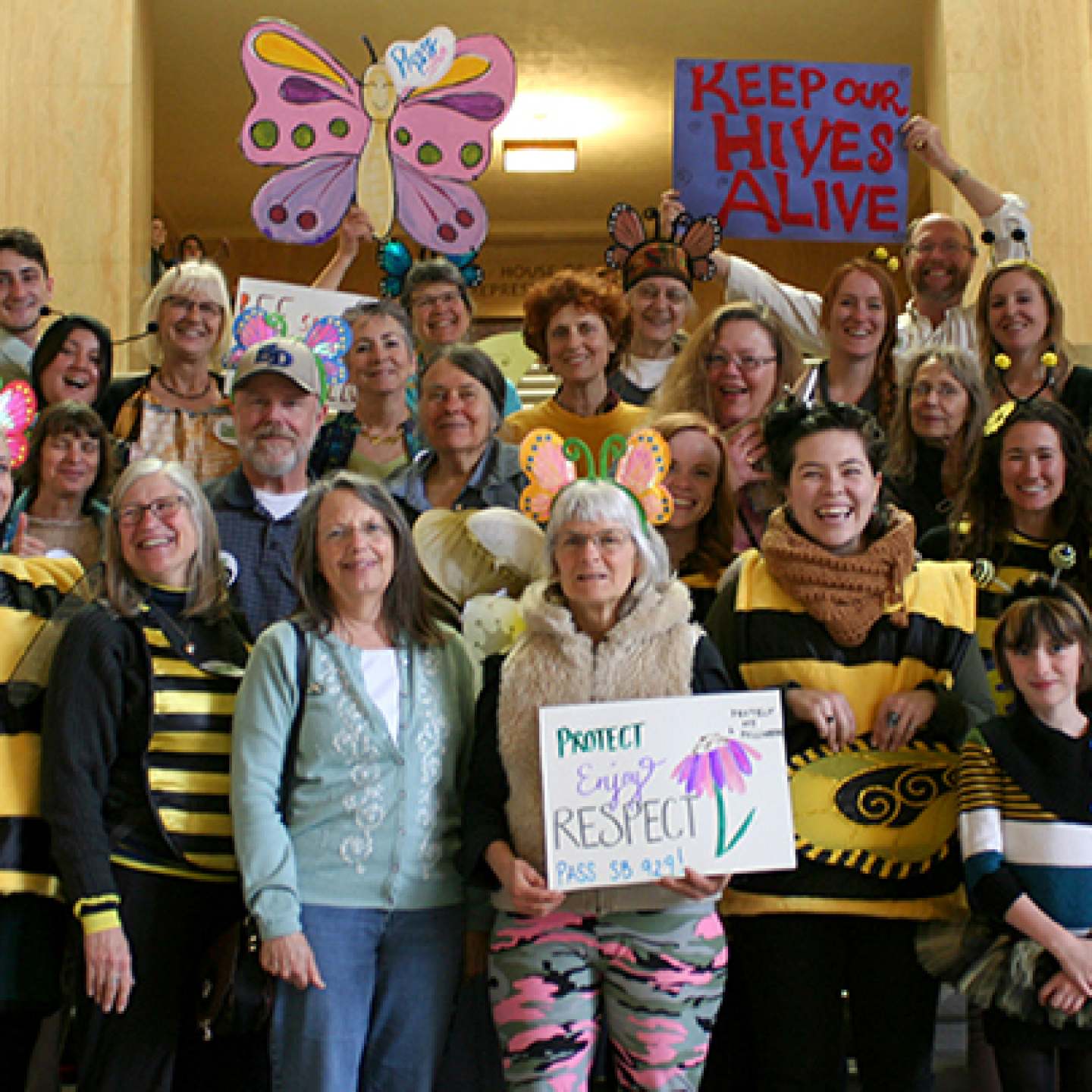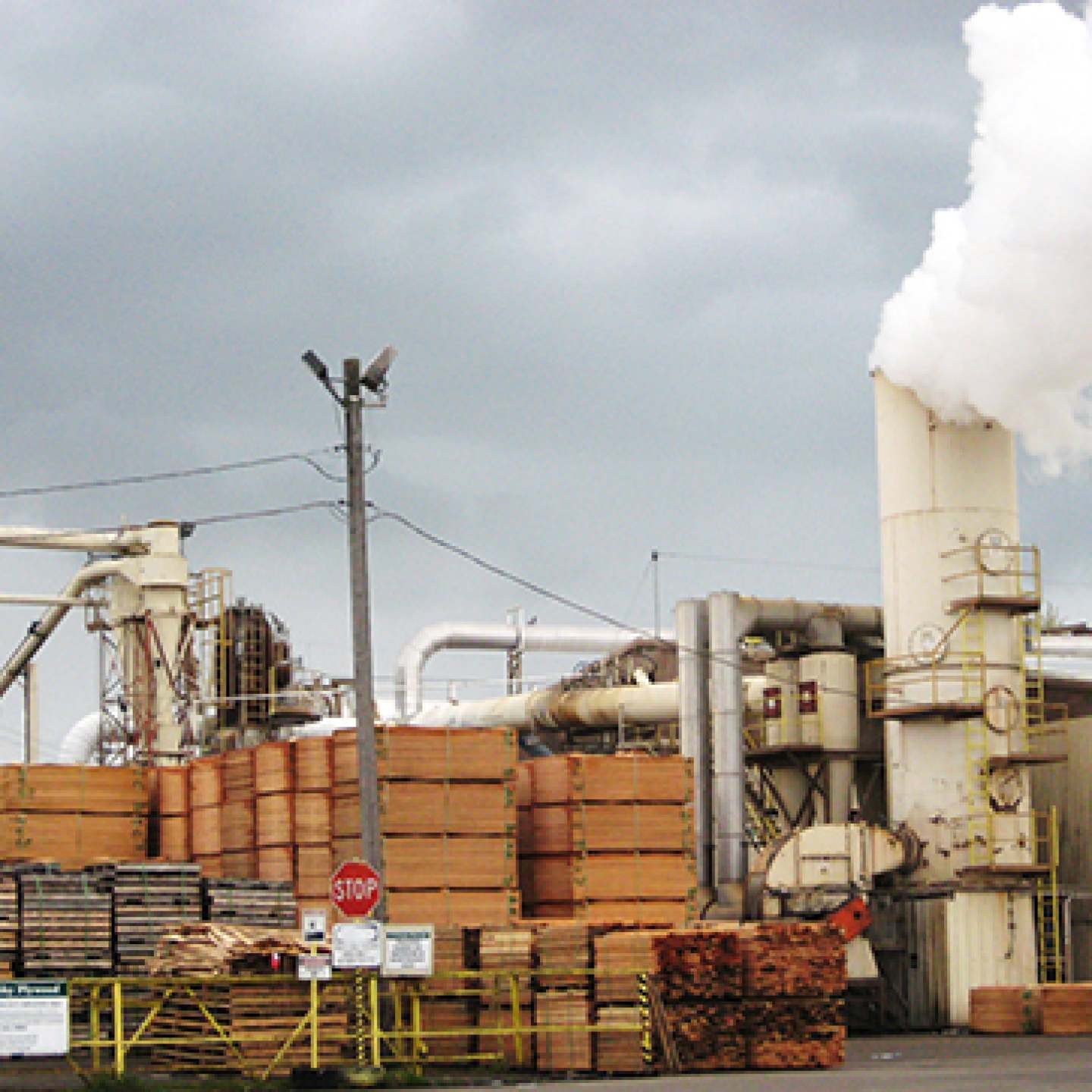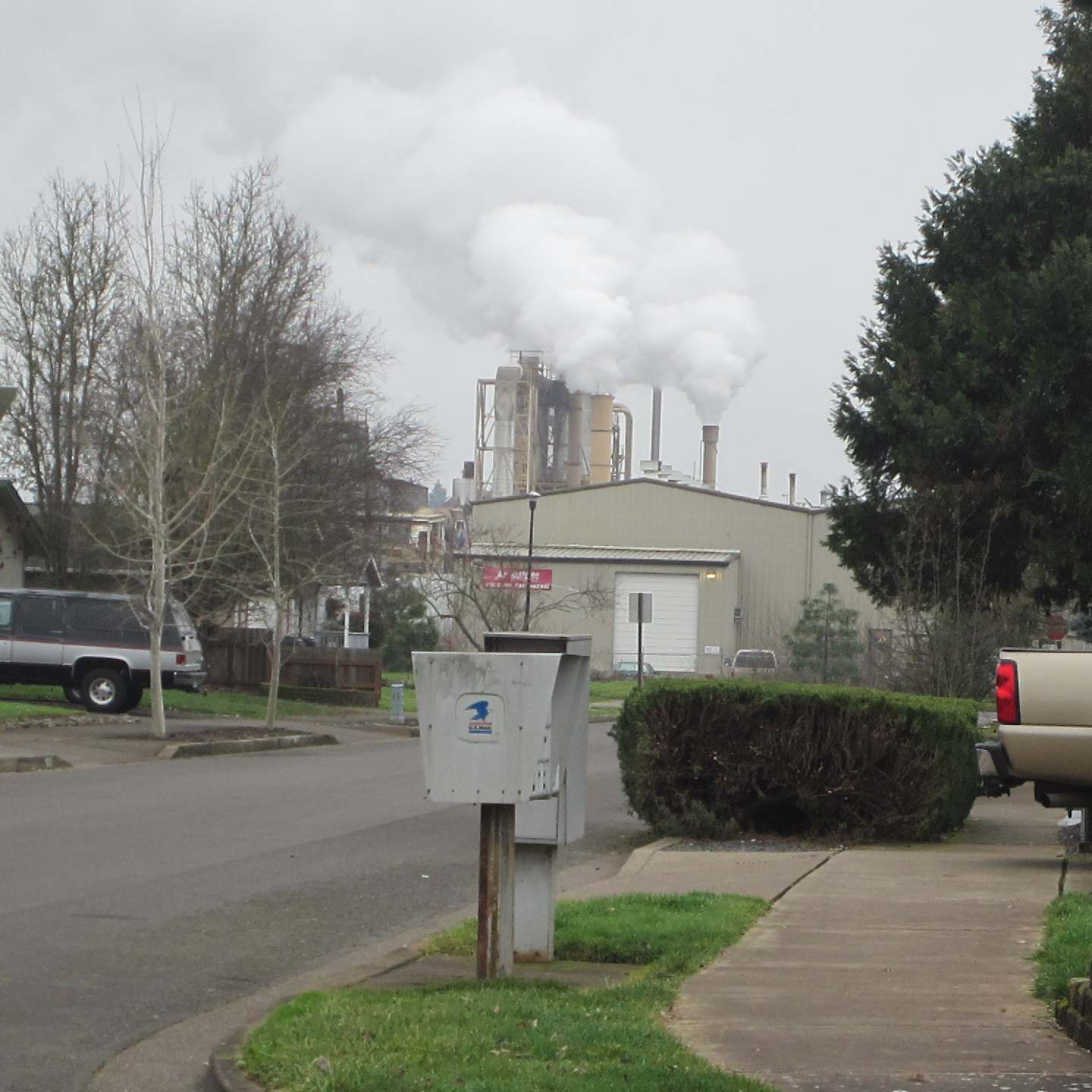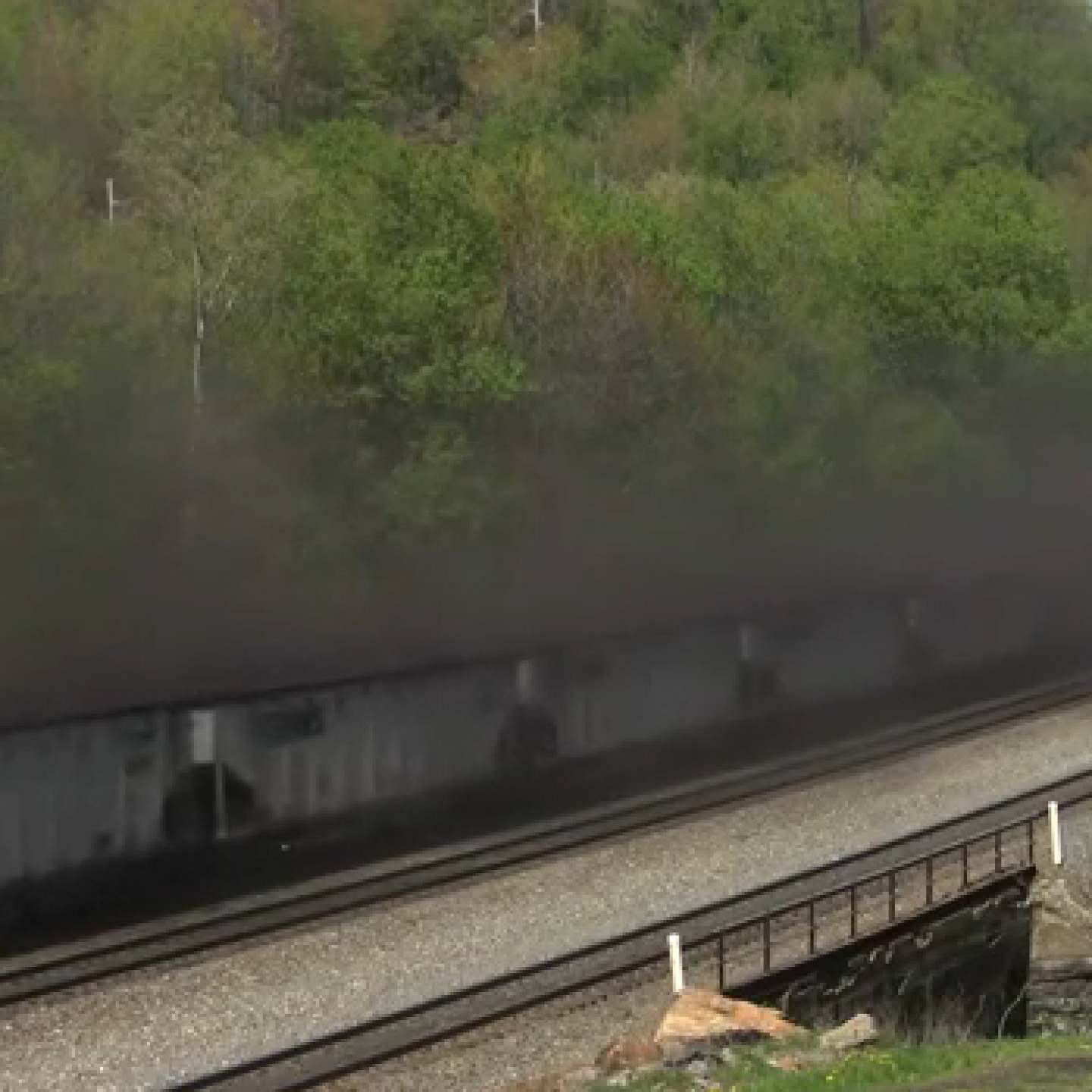Have you noticed the red and white emissions stack to the east of I-5, just north of Salem? That is…
STORIES FROM THE FIELD: Public comment needed to protect children from air toxics
I wanted to share my story with you with the hope that it will inspire you to take action. I…
Traversing the gauntlet
Environmental bills don’t always make it through the "gauntlet," known as the Oregon legislative battlefield. There are more obstacles in…
Stories from the Field
Going head-to-head with corporate lobbyists and lawyers is a fine way to keep your environmental advocacy skills honed! During the…
Why You And I Are Thrilled to Protect Oregon’s People, Pollinators and Places – Again!
I’m writing this from the bedside of my childhood friend who grew up on the same street as I. Ten…
Frontline Communities Need Air Data
All communities need their voices heard and their rightful place in the decisions to strengthen Oregon’s air quality laws. In…
Strides to Improve Air Quality and Ban Asbestos
Healthy air should be a basic right, but all over the world, people face exposure to toxins that remain unregulated…
Air Toxics are Unreported, thus Unaccounted
Portland Clean Air is releasing today a new report calling into question the validity of Oregon’s air permitting system. The…
Regulating air for community health - a new concept in Oregon?
Governor Kate Brown initiated the Cleaner Air Oregon campaign after state agencies discovered that glass makers were the source of…
The economics of exporting coal through Oregon
The Port of Coos Bay is planning to build a terminal to export coal delivered via rail by trains that…
